Moving Past Fear and Into Your Own Powerby Cailin O'Hara, MAcOM, LAc, Dipl OM "Feel the fear and do it anyway."If you have followed along this far, you have read Part 1 and Part 2 of this series that shed light on how I work with anxiety, grief and healing past trauma. This final article will give you some guidance on how you can overcome these feelings and experiences. How do you heal what an experience has done to you? You certainly aren't who you were before it happened. Who are you now? What do you do with the fear, the pain and the grief? The only way through it is through it. It would be a relief if something could just take away how terrible you feel after a traumatic experience, but life doesn't work that way. And I would argue that going through the healing process can be one of the best and most empowering things you'll ever do for yourself. ...Going Through It... |
| Find someone that you enjoy talking to because if you don't have a good connection, it's a waste of your time. You won't feel safe and comfortable opening up to someone you don't particularly like. A counselor who is a good fit for you can make your journey "through it" a much easier and enlightening one. |
| If you're experiencing difficult emotions or haunting memories, it can be very overwhelming. Generally people disconnect (often unintentionally) from themselves, their bodies, their environments and/or their relationships as a way to cope with these overwhelming feelings. You may get stuck in a flight-or-fight response, feeling perpetually on edge that something horrible is about to happen. You may also experience flashbacks that cause you to lose touch with where you are and what's happening around you. |
...
Yoga/Tai Chi
Exercise/Movement
Meditation
Acupuncture
Wash the dishes :)
The Body Keeps the Score: Brain, Mind and Body in the Healing of Trauma by Bessel van der Kolk
The Body Remembers: The Psychophysiology of Trauma and Trauma Treatment by Babette Rothschild
Reinventing the Body, Resurrecting the Soul by Deepak Chopra
Minding the Body, Mending the Mind by Joan Borysenko
The Places that Scare You by Pema Chodron
| Developing a deep sense of compassion for yourself will take practice, but I promise you it is mandatory if you truly want to heal. Compassion means you learn how to soothe yourself. It means you're kind to yourself above all else. It means you don't make life worse for yourself by telling yourself negative things, stressing yourself out or putting yourself in unhealthy situations. |
Resting when you're tired
Soothing yourself with a bath when you're overwhelmed
Cancelling plans you aren't interested in
Listening to your needs
...
Most of us have this awful tendency to downplay our needs and our worth. If you have past trauma, this may be your tendency most of the time. You need you, above all else, in order to heal. So step up, be your own hero, and take the best damn care of yourself that you can. You will be amazed at how comforting it will feel when you finally treat yourself with the respect and love that you always deserve.
...
Other articles you may like...
Embracing the Dark
We all have seasons of our lives. We all experience ups and downs.
...
What does it mean to be in your winter?
It’s normal to experience ups and downs, highs and lows. Our resistance to the changing tides of our lives or feelings can create more problems for us and keep us stuck in the dark.
...
How to Embrace Your Winter
...
When You Willingly Enter the Dark
As you allow yourself to enter your winters, you will come to find that they will eventually lead you into the light, beauty and rebirth of a new season of spring.
...
Interested in working with Cailin?
A Step-By-Step Guide for a Positive Acupuncture Experience
Step 1: Do your research
. . .
1) Can you tell me about your training and credentials?
A) go through rigorous study and training over the course of 3-4 years to acquire a master's degree in Chinese medicine and
B) pass board exams to become board certified
In addition to education and credentials, ask about your acupuncturist's additional trainings and areas of focus. This will give you a better understanding of their interests and what you might expect with treatments.
. . .
2) What is an appointment with you like?
. . .
3) What are your treatment types or specialties?
Step 2: Choose an acupuncturist
. . .
Do we resonate well together?
Do I feel heard and understood?
Do I feel like I can ask questions and get clear answers?
. . .
Step 3: Schedule an appointment
. . .
Does acupuncture hurt?
What if I'm afraid of needles?
. . .
Acupuncture is an experience. It generates sensations in the body. It can soothe the mind and neutralize pain. You may feel buzzing, tingling or heaviness where the needles have been inserted. You may be overcome with a sense of deep relaxation and enter a dreaming state. However, the needles are so thin that you may not even notice them at all.
. . .
Questions? Contact us!
Answers to your most commonly asked questions...
How often do I need to come in for treatments?
Do you make a treatment plan?
How soon can I expect to feel better?
Will my symptoms come back if I stop acupuncture?
The short answer: no, you don't have to keep receiving treatments if you feel better. Most people want to keep it up because they love the way it makes them feel, but all of your anxieties don't come flooding back in if you miss a treatment. The aim of acupuncture and Chinese medicine is to heal the imbalances that are causing your symptoms. As you learn what these are for you and receive treatments, you evolve and heal. And as this happens, your symptoms will change and fade.
Do I have to believe it will work?
Still have a questions about treating anxiety with acupuncture? Contact us!
So...How Does Acupuncture Treat Anxiety?
Rule #1: We do not diagnose you with “anxiety.”
Examples of Patterns Treated
in Chinese Medicine:
- Pattern A) difficult time falling asleep at night, dry eyes and hair, vivid dreams, PMS symptoms, tends toward constipation, experiences anxiety as panic attacks with racing heart
- Pattern B) wakes feeling groggy, craves sugar, abdominal bloating, mid-day fatigue, foggy-thinking, experiences anxiety as excessive worry (often while trying to fall asleep)
- Pattern C) frequent flushing in the face, headaches, neck tension, tendency toward irritability, rapid heartbeat, experiences anxiety as tightness in the stomach and shortness of breath
Do any of these sound familiar to you? Notice each pattern's array of symptoms and how they all experience anxiety differently. |
Rule #2: Your patterns represent areas of underlying imbalances in your physiology and your being.
Everything is connected. A single stressful experience can take a toll on all of our systems and create imbalances that can become more severe over time if left untreated. |
Rule #3: Acupuncture can access the body's innate ability to heal and restore harmony to imbalanced systems.
How often do I have to come in for treatments?
How long will it take until I feel better?
Will I have to rely on acupuncture for the rest of my life?
Next time we'll talk about what a treatment plan looks like and just how quickly you'll start to feel better.
Stay tuned and take good care of yourself.
It works through the interconnectedness of the body.
The reality is that every aspect of you is interrelated. So, through using a system of medicine that works specifically with the body (i.e. acupuncture), we can affect all levels of physiology- from cellular to muscular to hormonal to emotional and so on. Plus, treatments like acupuncture have one MAJOR benefit: it generally doesn’t have any unwanted side-effects.
Sounds too good to be true, I know.
Good Enough to be True
I was very unwell when I eventually tried acupuncture. I had no Western medical options left, but I didn’t stop searching for answers. That being said, I was HIGHLY skeptical of acupuncture.
I thought, “how can something so simple actually help me if everything else I’ve tried hasn’t?”
I had tried it all- medications, expensive imaging, thousands of dollars’ worth of supplements, and more. Even then, it took me nearly a year of being persuaded by a friend to finally try acupuncture.
After my first treatment, I got off of the table feeling different in a way I couldn't explain. I also started feeling better. Since then, acupuncture and Chinese medicine have improved my health in countless ways.
Interconnectedness 101
Let’s take a look at these two images below. In Chinese medicine, they are referred to as “sinew channels.” They are related to other terms you may have heard of: acupuncture channels, meridians, or pathways.
Here's one really cool feature about working with these channels: since everything is connected, you don't have to treat the area of pain directly! In fact, some of the best places to treat back pain or sciatica aren’t located anywhere near the back. Acupuncture points in the lower legs and feet successfully treat many types of pain.
It’s Not Just About Physical Pain
One big misconception about treatments like acupuncture, cupping and massage is that they only treat physical or musculoskeletal pain. While they are effective treatments for pain, they can treat infinitely more conditions than you probably realize- anxiety, insomnia, allergies, IBS, PMS and sexual dysfunction, to name a few. There are many more pathways in the body than the ones in the images above, and they are linked to all facets of our physiology like: heart and lung function, gastrointestinal health, and brain chemistry. Much of the research around acupuncture explores these connections. Explore the web and you'll find countless studies!
Stay tuned for explanations that explore healing the emotions with body-centered medicine.
-Cailin O’Hara, MAcOM, LAc, Dipl OM
We have all experienced pain. Nearly everyone is in some kind of pain at some time... and for some of us, it just won't stop. Today we will look at one very important principle in working with our pain. This key to working with and healing our pain comes from Chinese medicine (think acupuncture and herbal medicine), what I study and practice in my clinic. There is a reason why you keep hearing or reading about acupuncture in the news and how it helps people in pain. It does! But pain doesn't just mean physical pain... we are talking pain on every level.
But how? And why? Big questions! But first…
Let’s talk about pain.
Pain is a Signal
What kind of pain do you feel?
What is it? Where do you feel it? It is from an old injury? Is it new? It is in your stomach? Your chest? Is it a result of emotions? Past abuse? Does it keep you up at night? Does it distract you from your work? Interfere with your relationships? Is it sharp or dull? Does it come and go?
Pain is an alarm alerting us that something isn’t right in some way. That sounds simple, but think about it. Pain is a signal. It is what we do with that signal that makes all the difference in our experience of our pain. And let’s be real- what we really want to do is END it, make it stop once and for all! But for those of us who have experienced pain, which I imagine is everyone, we have learned that there aren’t many quick fixes to make pain stop immediately and for good. So what can we do for ourselves? What are our options?
Pay Attention to Your Pain
First of all, we have to dial into the pain signal, really pay attention to it, and figure out what it needs in order to make it stop. Not all pain is the same, so it shouldn’t be treated in the same way. If you bang your knee on your dresser in the middle of the night, that feels a lot different than if your back aches from working long days lifting boxes, which also feels a lot different than the hurt we feel when someone betrays us. Each of these scenarios is an experience of pain, but they are vastly different, and should be treated differently. Makes sense, right?
Once we figure out the type of pain we are experiencing, we are better able to address it. This is one reason why using Chinese medicine, acupuncture and herbal medicine can be so beneficial. The treatments for pain are not one size fits all. The treatments depend entirely on what kind of pain you’re experiencing.
Why Pain Happens
The key when working with pain is to remember this: you hurt because something is blocked. Blood, circulation, hormone production, feelings, thoughts- something isn’t moving freely. Where things once flowed freely, there is now a blockage. It could be physical, like an injury to your shoulder that causes pain. It could be emotional, like persistent anxiety after a stressful experience (PTSD is an example). The idea is that something happened, some kind of impact, and where that impact occurred is where things have stopped moving properly. In Chinese medicine, we refer to this as “stagnation.” And stagnation (of many varieties) is the most commonly diagnosed condition in Chinese medicine.
So how do you treat it?
Flowing Freely Again
We have to restore movement where movement is blocked in order for pain to fade. How do we get things moving? One of the powerful effects of acupuncture is its ability to help restore flow and balance in the body. For instance, your chronic neck ache can be alleviated with acupuncture because it helps to clear up the stiffness and congestion that are causing your neck to hurt. Your grief that sits in your chest and weighs you down can be alleviated with acupuncture because it helps to move what has become stuck.
Pain makes us feel stuck, like we can’t move freely, like we can’t live our lives in the ways that we want. It feels like our pain is holding us back. THAT is stagnation. We have all felt it in some way, probably many ways and many times. When it doesn’t go away on its own, when we can’t un-stick ourselves, that’s when the power of Chinese medicine can really come to our aid and help us flow freely again.
Feel free to email us with questions or comments. And stay tuned for part two!
-Cailin O’Hara, MAcOM, LAc, Dipl OM
Author
Dr. Cailin O'Hara, DACM, Dipl OM, LAc, is a nationally board certified Doctor of Chinese Medicine and Acupuncture, intuitive and coach. She is based in Phoenix, AZ, and works with clients worldwide.
Archives
March 2022
August 2020
April 2020
March 2020
October 2019
August 2019
July 2019
June 2019
May 2019
April 2019
March 2019
February 2019
January 2019
November 2018
October 2018
September 2018
May 2018
April 2018
January 2018
December 2017
November 2017
October 2017
September 2017
April 2017
March 2017
January 2017
Categories
All
Acupuncture
Anxiety
Back Pain
Chinese Medicine
Chronic Pain
Cosmetic Acupuncture
Cupping
Depression
Does Acupuncture Hurt?
Eating Disorders
Emotional Trauma
Empowerment
Energy Healing
Facial Rejuvenation
FAQs
Fatigue
Fear
Fibromyalgia
Food
Grief
Healing
Intention
Intuition
Journaling
Law Of Attraction
Letting Go
Meditation
Neck Pain
Nutrition
Pain
Panic Attacks
PTSD
Recipes
Sciatica
Self Care
Self-Care
Self-Esteem
Self Love
Skin Care
Stress
Truth
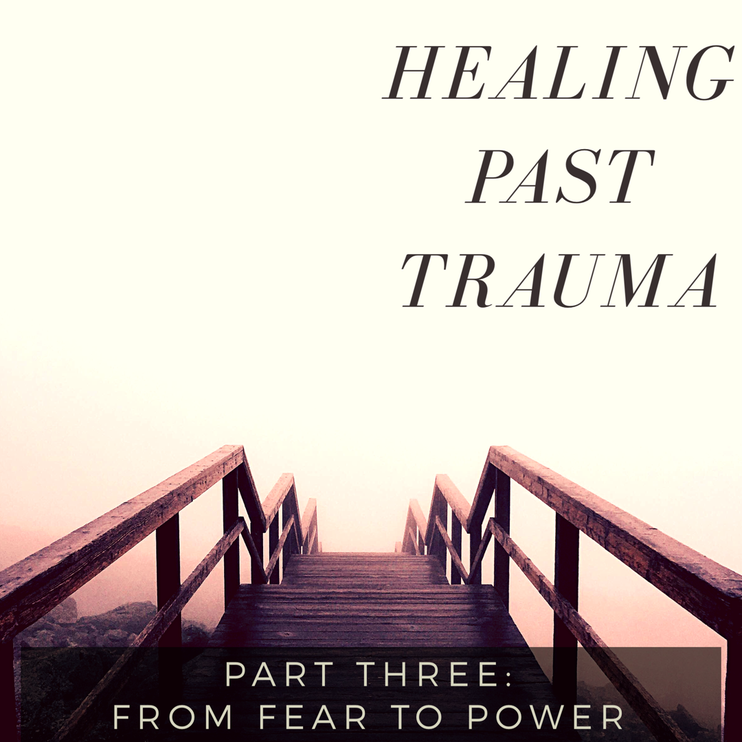



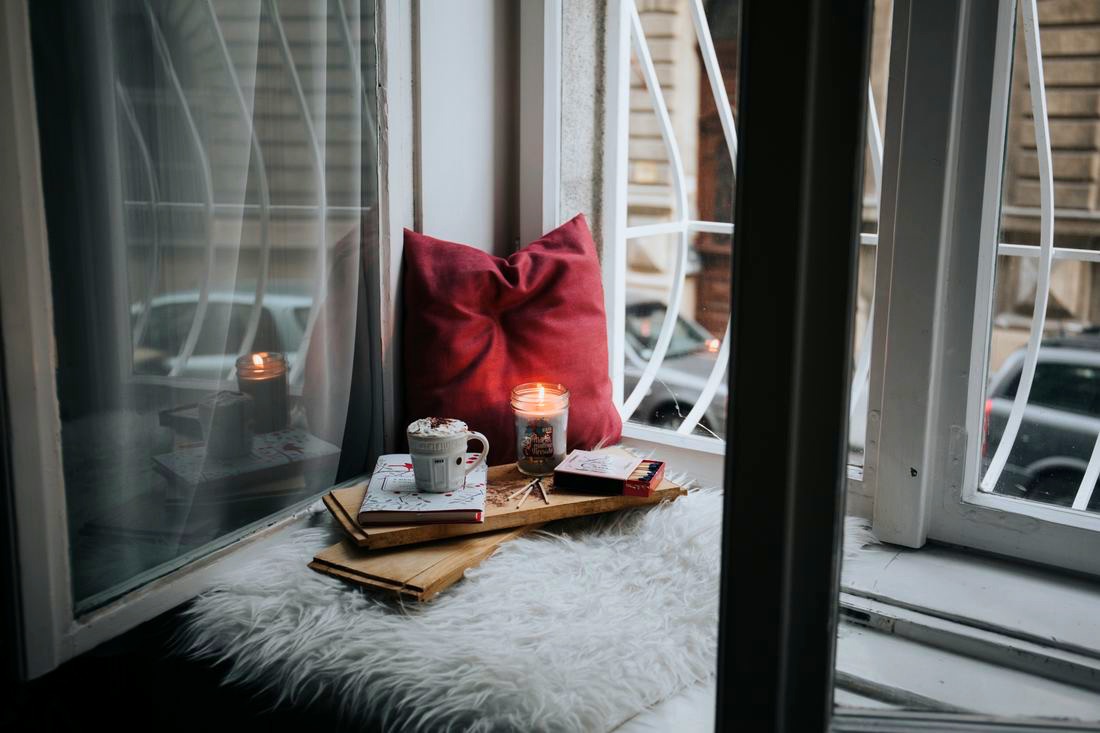
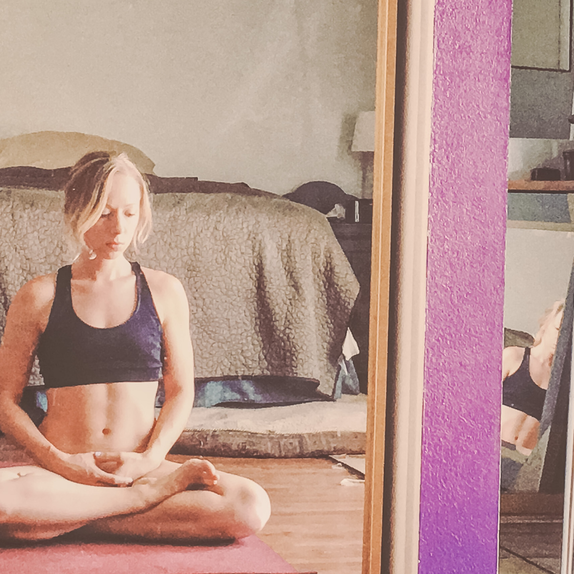
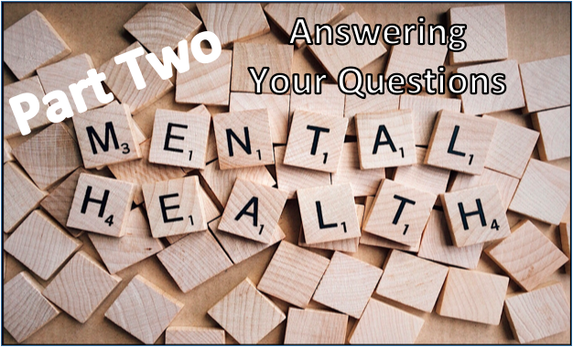

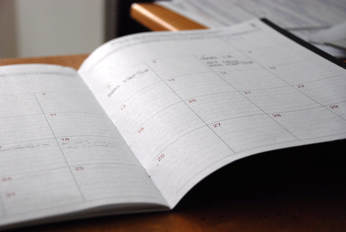


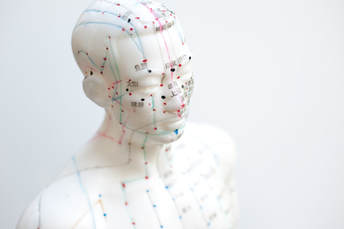
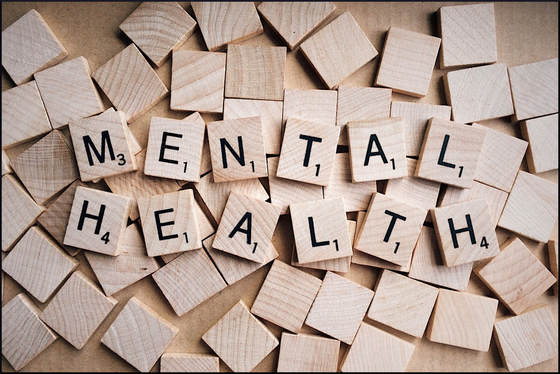
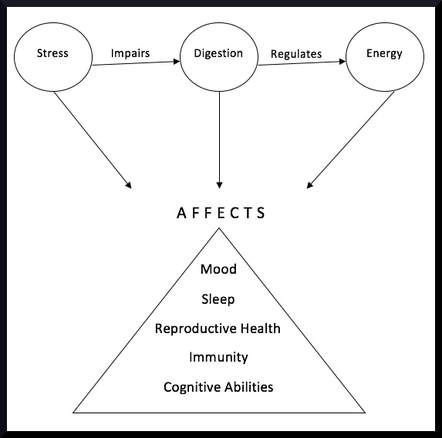

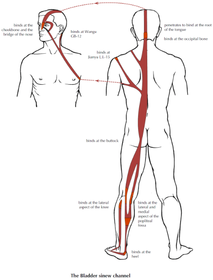
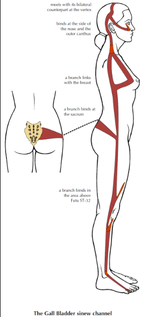


 RSS Feed
RSS Feed